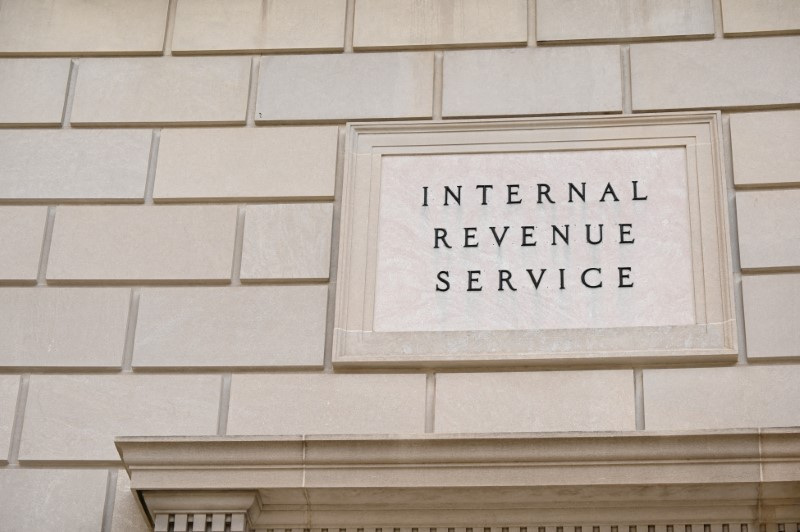US IRS targets sharply higher audit rates on big firms, partnerships, millionaires
2024.05.02 19:33

By David Lawder
WASHINGTON (Reuters) – The Internal Revenue Service said on Thursday that it plans to sharply increase audit rates for big corporations, partnerships and multimillionaires over the next three years as it ramps up enforcement spending and hiring to boost collections.
Releasing an update of its strategic operating plan for spending $60 billion in funding from the 2022 Inflation Reduction Act, the IRS said it was targeting a near tripling of the audit rate on corporations with assets over $250 million to 22.6% in the 2026 tax year from 8.8% in 2019.
For complex partnerships with assets over $10 million the IRS said it intends to increase audit rates by nearly 10-fold, to 1% in tax year 2026 from 0.1% in 2019. The IRS also said it is targeting a 50% increase in audit rates for individuals with total positive annual income of over $10 million, to 16.5% in the 2026 tax year from 11% in 2019.
At the same time, the IRS emphasized that it would not increase audit rates on individuals and small businesses earning under $400,000, in keeping with President Joe Biden’s pledge not to increase taxes on that population.
The IRS said it intends to spend $7.25 billion of the Inflation Reduction Act funds in fiscal 2024, up from $3.4 billion in fiscal 2023. The agency’s initial strategic operating plan called for fiscal 2024 spending at $5.8 billion.
The IRS plans to spend $9.3 billion in fiscal 2025, $7.3 billion in fiscal 2026 and a total of $57.82 billion over the decade though fiscal 2031, according to the document.
3rd party Ad. Not an offer or recommendation by Investing.com. See disclosure here or
remove ads
.
“The changes outlined in this report are a stark contrast to the years of under-funding that deteriorated taxpayer service and tax enforcement, frustrating taxpayers, the tax community and IRS employees alike,” IRS Commissioner Danny Werfel said in a statement.
The Inflation Reduction Act funding was initially approved at $80 billion over a decade to modernize the IRS’s antiquated computer systems, improve taxpayer services and ramp up enforcement to close the “tax gap” between taxes owed and those collected, estimated at $7 trillion over 10 years.
The provision in the clean energy and healthcare bill that Democrats passed without Republican votes was meant to make up for a decade of IRS budget cuts passed by Republican-led Congresses.
Republicans have railed against the IRS spending as harassment of Americans over their taxes and have successfully chipped away at the funding. A top-line spending deal is set to cut the funding by $20 billion this year.
The IRS said it hired 13,661 people in fiscal 2023 using the Inflation Reduction Act funds, including 10,518 taxpayer services staff and 495 enforcement staff. It plans to increase these hires to 16,314 in fiscal 2024, including 4,088 enforcement staff.
The report showed that the hiring would support a total IRS workforce of about 93,000, by 2028, up from 88,411 estimated for fiscal 2024. That would be somewhat short of Werfel’s goal for an IRS workforce of over 100,000 within the next three years.








